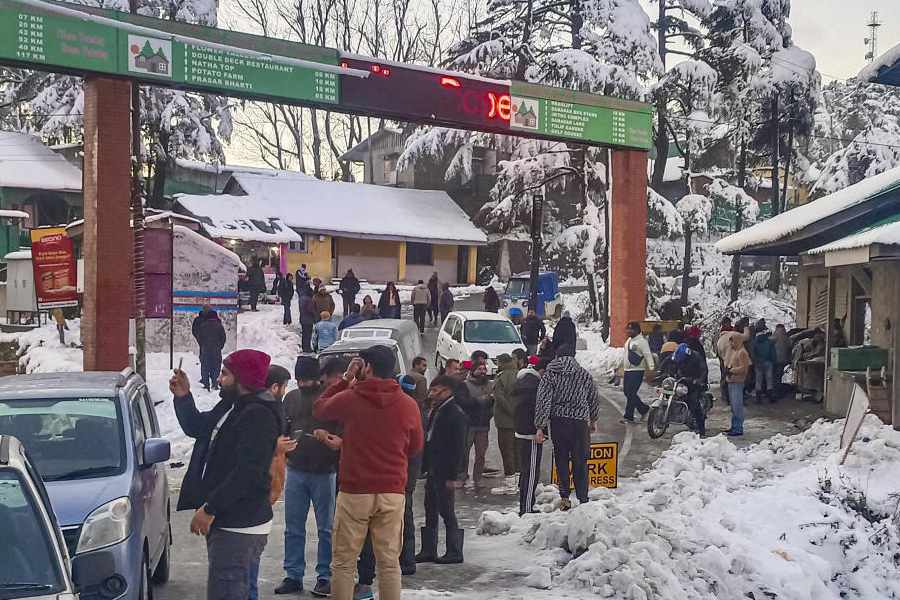The Jharkhand Assembly, in a special session on Friday, approved two key bills — one that makes 1932 the cut-off year for defining locals and the other that raises reservation in vacant government posts and services to 77 per cent from 60 per cent.
The bills will come into force after the Centre carries out an amendment to include them in the Ninth Schedule of the Constitution, placing them beyond judicial review.
The Jharkhand Definition of Local Persons and for Extending the Consequential, Social, Cultural and Other Benefits to Such Local Persons Bill, 2022, grants locals “certain rights, benefits, and preferential treatment” over their land; in the local development of rivers, lakes, fisheries; in traditional and cultural and commercial enterprises; in access to agricultural loans; in maintenance and protection of land records; for social security; in employment; and trade and commerce.
Those whose ancestors’ names are mentioned in the land survey papers of 1932 or earlier will be considered domicile of Jharkhand.
Those whose ancestors have been living in Jharkhand since 1932 but whose names are not on land records will be considered as domicile on approval from Gram Sabhas.










